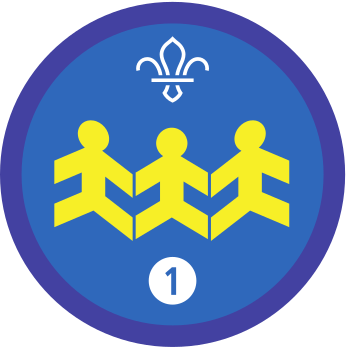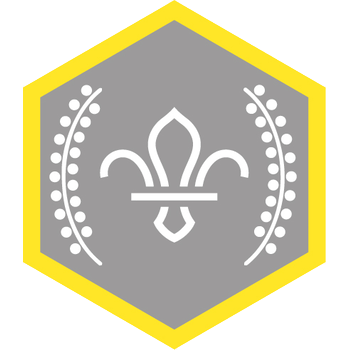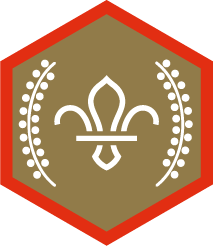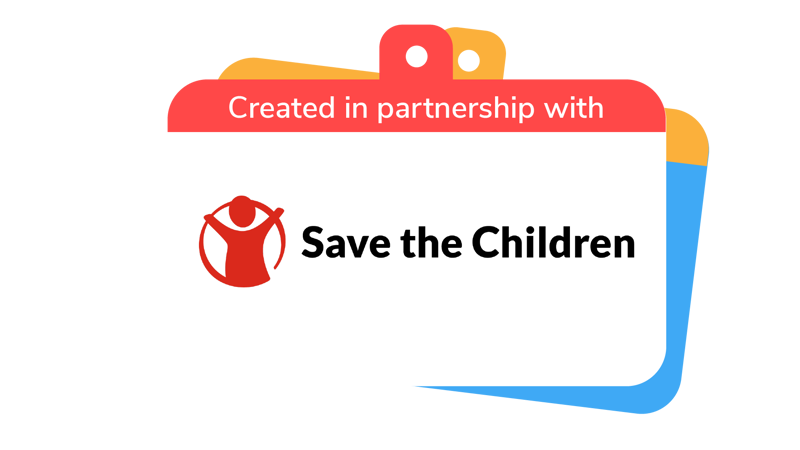
Word or phrase charades
You’ll need
- A4 paper
- Pens or pencils
- Scissors
Before you begin
- The person leading the activity should write each of the words and phrases from the ‘Words and phrases’ sheet on bits of paper. On the other side of the bits of paper, write the translation of the word or phrase and the language.
Run the activity
- Everyone should think about different ways to communicate. The person leading the activity should find out if any of the group have ever been to a country where the people speak a different language to them. See if anyone had to find a way to communicate with someone. Do any of the group already speak any other languages?
- The person leading the activity should hand out the bits of paper with the words and phrases on them. Each person should hide their bit of paper from everyone else and should not say their phrase out loud in any language.
- The person leading the activity should ask if anyone has ever played charades before. Everyone should sit in a line. One person should then get up in front of the group and try to act out the word or phrase on their bit of paper, without making a sound.
- When someone guesses the word or phrase correctly, the person who acted it out must read out the translation in the other language.
- Everyone should have a chance to act out at least one word or phrase. If someone who has already had a go gets one right, they should choose another member of the group who hasn’t had a go to act one out next. Anyone who wants another go can go again at the end.
- The person leading the activity should then collect up the bits of paper with the words and phrases. They should read out the words and phrases in the other language and see who can remember what it means.

This activity helps contribute towards some of the UN's Sustainable Development Goals. Find out more about the SDGs, and how Scouts across the world are getting involved.
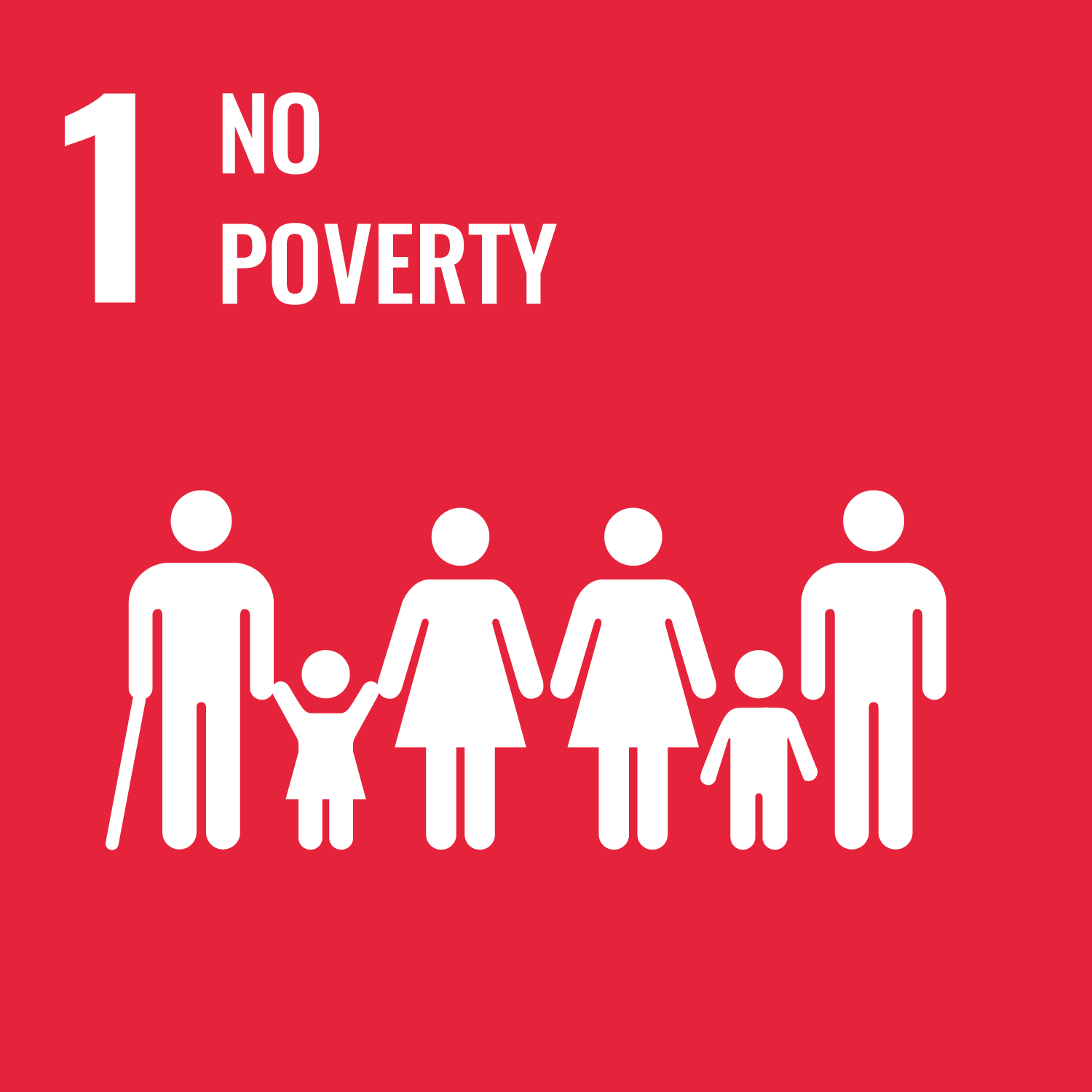
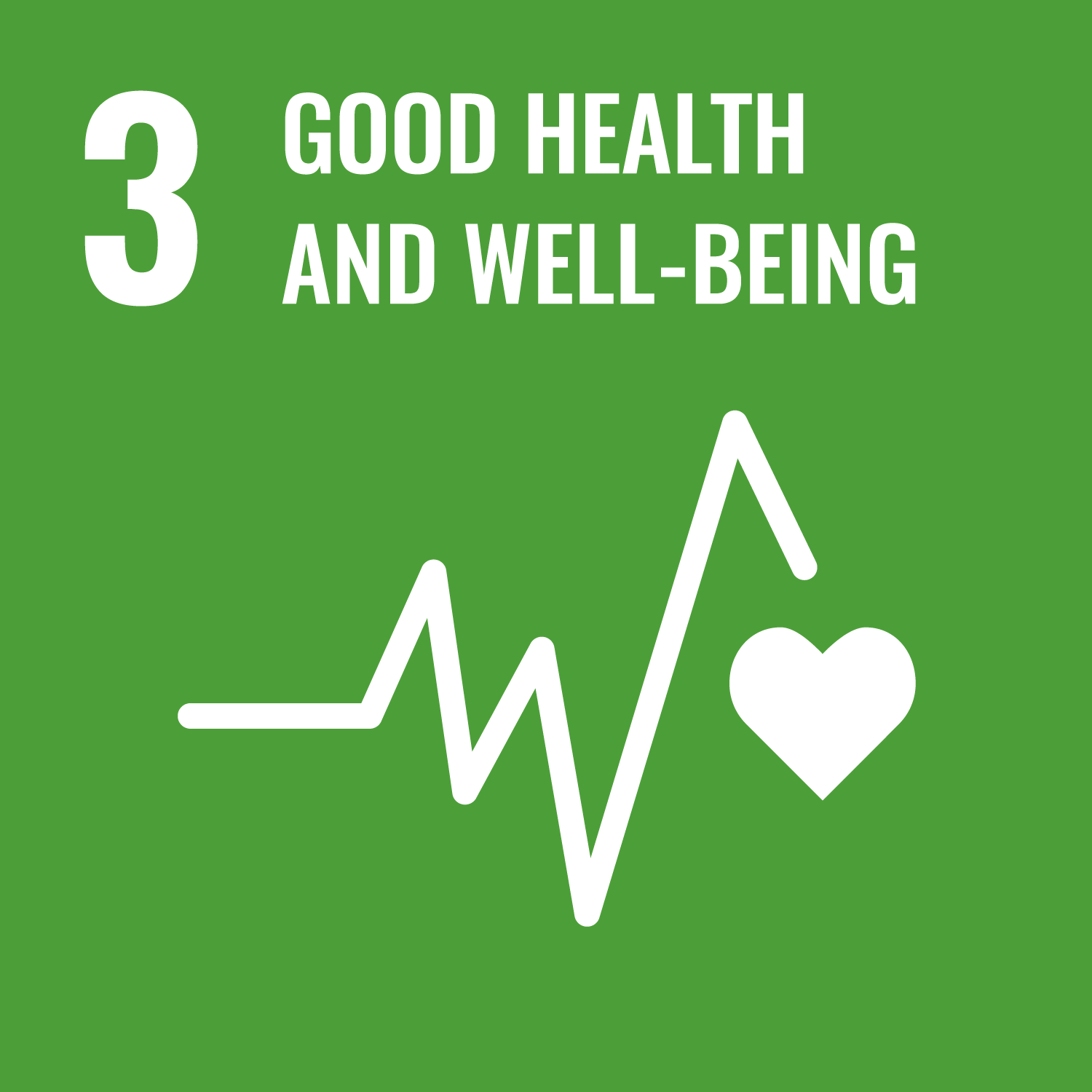
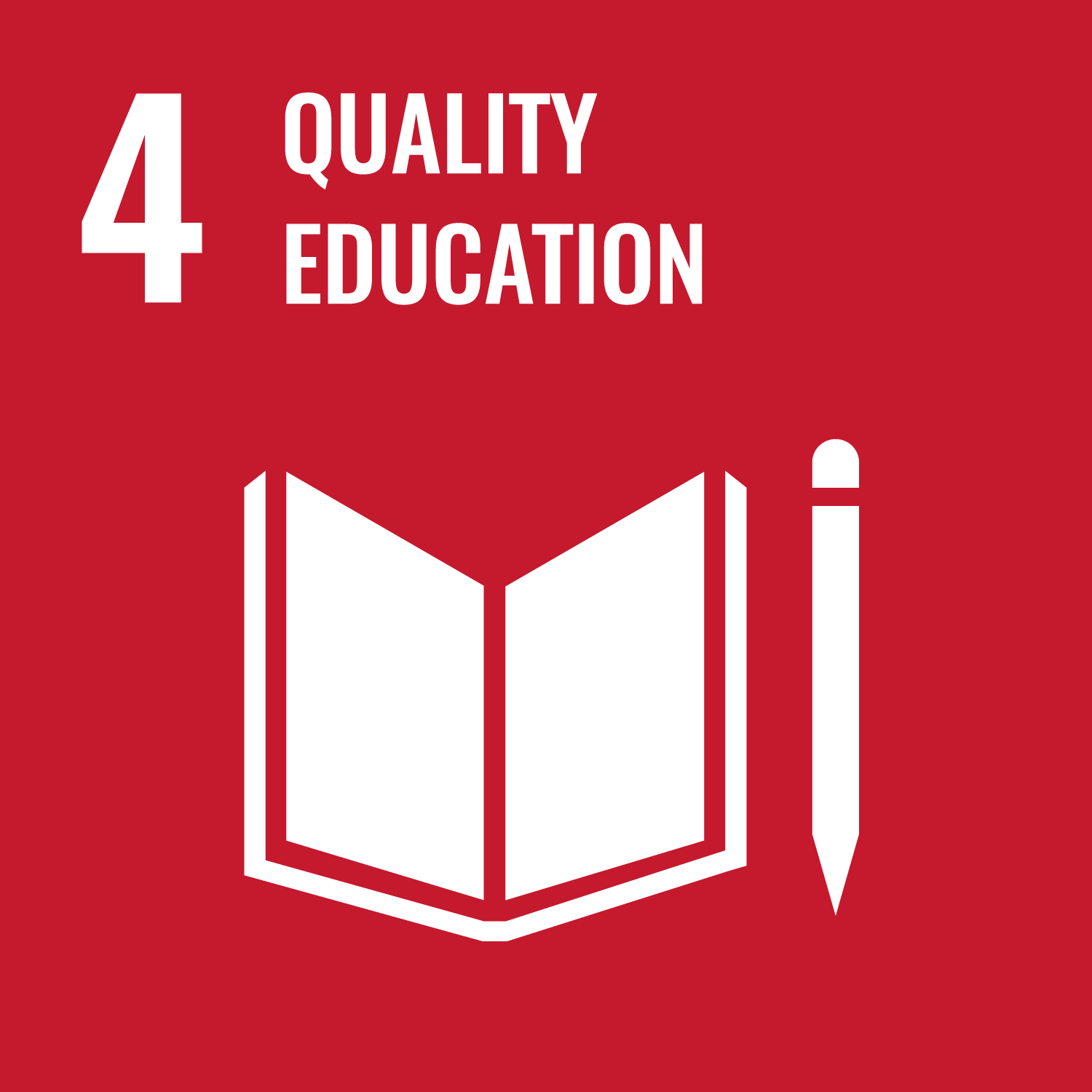
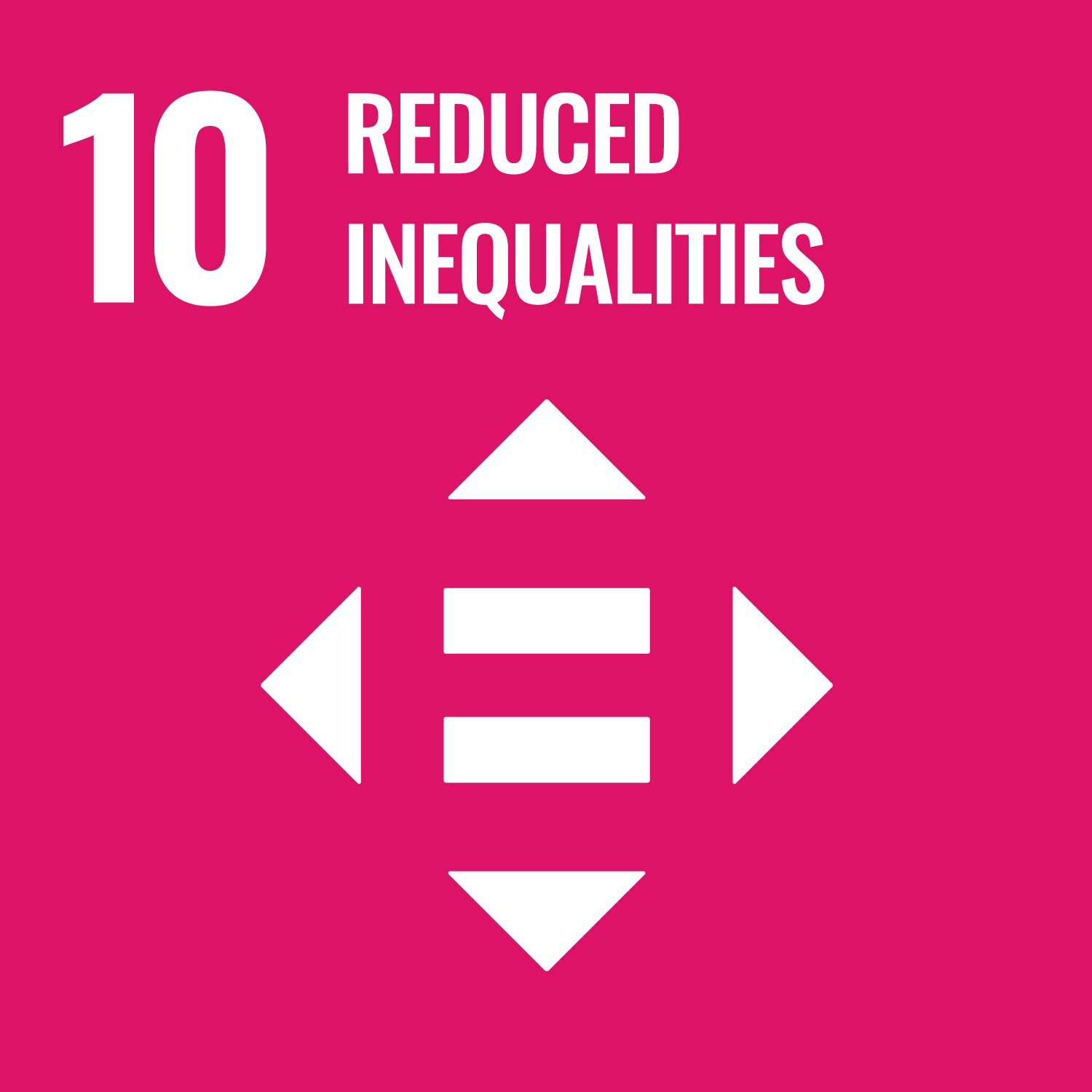
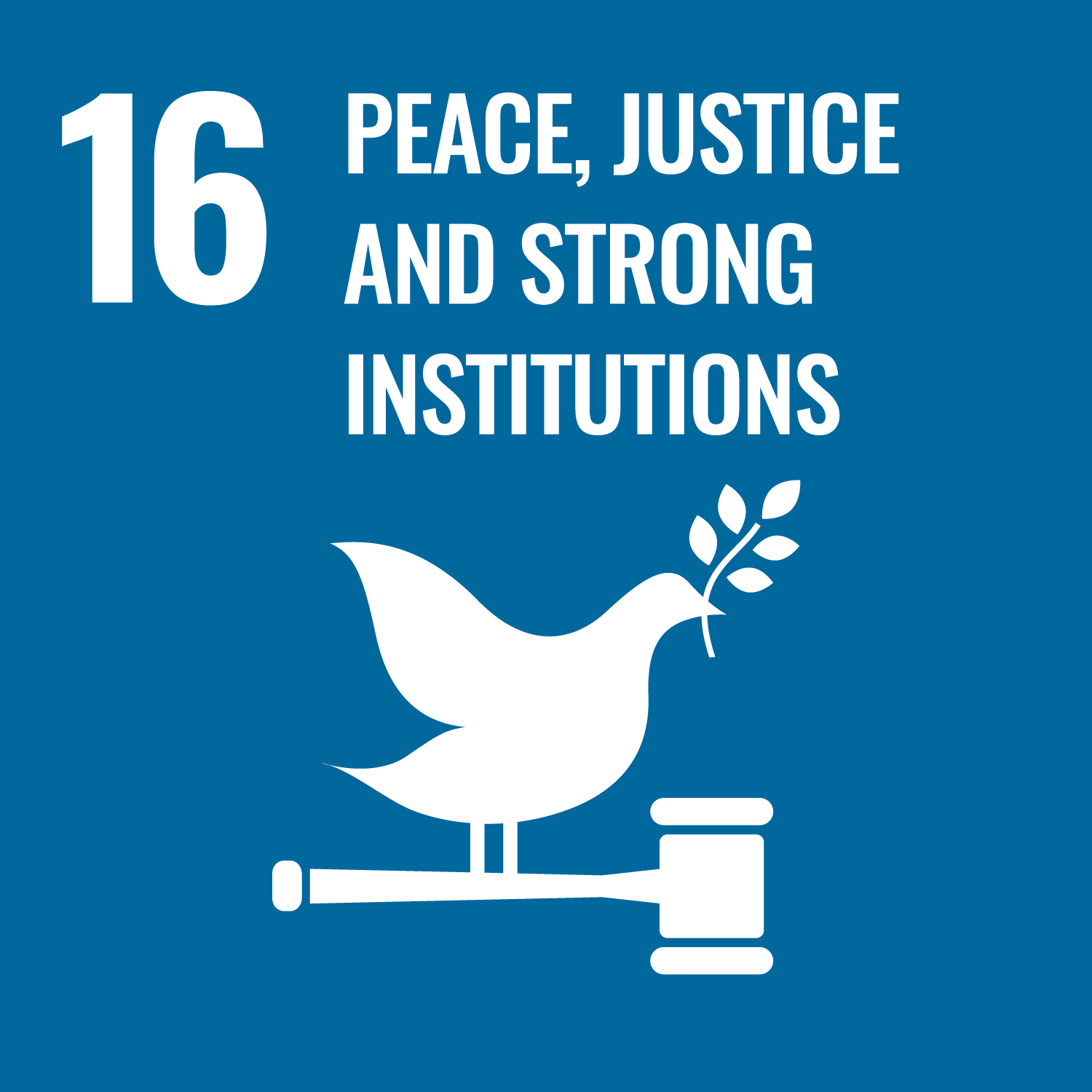
Reflection
The group have found out how to say some words and phrases in other languages. Did anyone already know how to say anything in some of the languages? Does anyone want to find out how to say more things in a particular language?
The group had to use their acting skills to mime what their word or phrase was. Which words or phrases were the most difficult to act out? Which words or phrases were the most difficult for the rest of the group to work out? Will they feel able to use miming and sign language to communicate with someone who speaks another language in the future?
Safety
All activities must be safely managed. You must complete a thorough risk assessment and take appropriate steps to reduce risk. Use the safety checklist to help you plan and risk assess your activity. Always get approval for the activity, and have suitable supervision and an InTouch process.
- Scissors
Supervise young people appropriately when they’re using scissors. Store all sharp objects securely, out of the reach of young people.
- Active games
The game area should be free of hazards. Explain the rules of the game clearly and have a clear way to communicate that the game must stop when needed. Take a look at our guidance on running active games safely.
Grand masters in the field of charades may enjoy the game more if they have a limited number of guesses for each word or phrase. Also, multilingual members of the group may even be able to translate a word or phrase from English once they have worked out the charade.
Other signals could be used to aid the guessers, such as one for the number of syllables in the word or phrase, or to mime something that looks like the object of the word or phrase. Pictures of what to act out would make a good alternative to the English translation of the word or phrase.
If someone doesn’t wish to mime out a word or phrase, see if they would do it with someone else helping them, or choose someone else to do it.
Some people may need help with pronunciation.
All Scout activities should be inclusive and accessible.
The group could make a ‘Point it out’ book. Each person could contribute a drawing of the action or object that would need acting out. This could be used to communicate with people who speak another language.
Discover more at https://www.savethechildren.org.uk/
